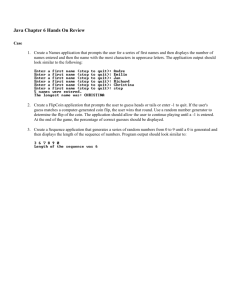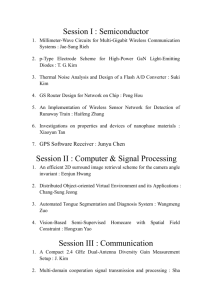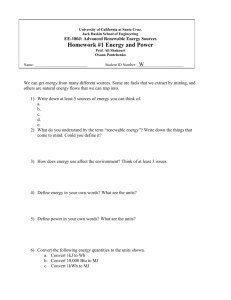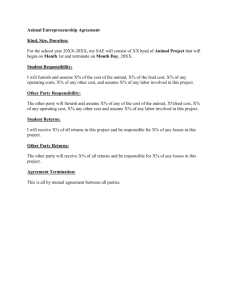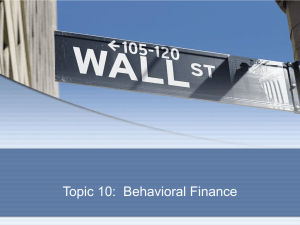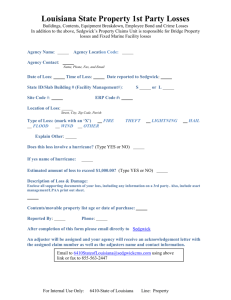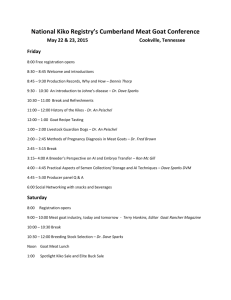Philequity Corner: Bad Word
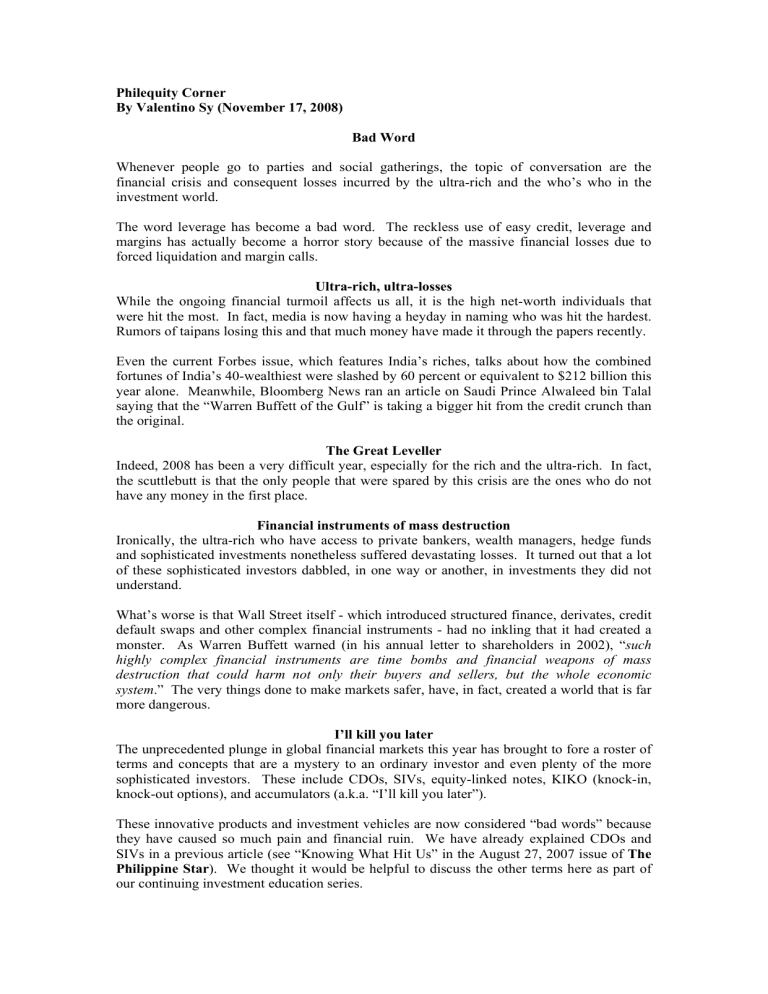
Philequity Corner
By Valentino Sy (November 17, 2008)
Bad Word
Whenever people go to parties and social gatherings, the topic of conversation are the financial crisis and consequent losses incurred by the ultra-rich and the who’s who in the investment world.
The word leverage has become a bad word. The reckless use of easy credit, leverage and margins has actually become a horror story because of the massive financial losses due to forced liquidation and margin calls.
Ultra-rich, ultra-losses
While the ongoing financial turmoil affects us all, it is the high net-worth individuals that were hit the most. In fact, media is now having a heyday in naming who was hit the hardest.
Rumors of taipans losing this and that much money have made it through the papers recently.
Even the current Forbes issue, which features India’s riches, talks about how the combined fortunes of India’s 40-wealthiest were slashed by 60 percent or equivalent to $212 billion this year alone. Meanwhile, Bloomberg News ran an article on Saudi Prince Alwaleed bin Talal saying that the “Warren Buffett of the Gulf” is taking a bigger hit from the credit crunch than the original.
The Great Leveller
Indeed, 2008 has been a very difficult year, especially for the rich and the ultra-rich. In fact, the scuttlebutt is that the only people that were spared by this crisis are the ones who do not have any money in the first place.
Financial instruments of mass destruction
Ironically, the ultra-rich who have access to private bankers, wealth managers, hedge funds and sophisticated investments nonetheless suffered devastating losses. It turned out that a lot of these sophisticated investors dabbled, in one way or another, in investments they did not understand.
What’s worse is that Wall Street itself - which introduced structured finance, derivates, credit default swaps and other complex financial instruments - had no inkling that it had created a monster. As Warren Buffett warned (in his annual letter to shareholders in 2002), “ such highly complex financial instruments are time bombs and financial weapons of mass destruction that could harm not only their buyers and sellers, but the whole economic system .” The very things done to make markets safer, have, in fact, created a world that is far more dangerous.
I’ll kill you later
The unprecedented plunge in global financial markets this year has brought to fore a roster of terms and concepts that are a mystery to an ordinary investor and even plenty of the more sophisticated investors. These include CDOs, SIVs, equity-linked notes, KIKO (knock-in, knock-out options), and accumulators (a.k.a. “I’ll kill you later”).
These innovative products and investment vehicles are now considered “bad words” because they have caused so much pain and financial ruin. We have already explained CDOs and
SIVs in a previous article (see “Knowing What Hit Us” in the August 27, 2007 issue of The
Philippine Star ). We thought it would be helpful to discuss the other terms here as part of our continuing investment education series.
Equity-Linked Notes (ELNs)
An ELN is a debt instrument that differs from the typical fixed income instrument in that the final payout is based on the return of the underlying equity, which can be a single stock, a basket of stocks or a stock index.
The investor gets back his investment on the fixing date (including the interest payouts) if the underlying asset closes at or above the strike price of a “put” option embedded in the note.
Otherwise, the investor is forced to buy the asset even if company fundamentals have changed and even if the company is already bankrupt.
A more stupid version of this is what is called “Worst of the Worse ELN.” You were given four stocks as the underling asset, and you were forced to buy the worst stock when the strike price is hit.
Knock-in, Knock-out (KIKO)
KIKOs are basically complex put and call options. In the case of KIKO, there is a “knock-in” price where the option contract kicks in and a “knock-out” price where the option ceases to hold.
Recently a number Korean exporters suffered huge losses recently from KIKO options.
Many of these companies held signed KIKO contracts predicting that the exchange rate would move between within the range of low- to mid-900 won. However, the exchange rate fell outside the predetermined range, forcing a lot of holders to buy Korean won at a higher rate even when the price of won had already devalued.
Accumulators
Accumulators are likewise made up of put and call options. Investors are allowed to buy assets (accumulate) at a lower price, if the market price is higher than a predetermined price level (strike price).
Conversely, if the market price falls below the strike price, holders of accumulators are continuously forced to buy at agreed higher prices even if the market price has already fallen
70 percent to 80 percent, such as the case of financial stocks. Moreover, investors are forced to continually buy at later dates (even up to six months to a year) even when company fundamentals have totally changed. That’s why accumulators are sarcastically called I”ll kill you later.
Citic Pacific, for example, was hedging its forex exposure in Australia worth 1.6 billion
Aussie dollars. However, since they used currency accumulators, the hedging exposure ballooned several times over when Aussie dollar depreciated against the US dollar leading to massive losses.
As you can see, in most cases, it is the holders of the KIKO who gets knocked out and the holders of Accumulators who gets killed.
Toxic assets
What is worse about these derivatives and structured products is that one is forced to buy when prices have dropped significantly, and even when fundaments have changed significantly. In the case of the ELN, KIKO and Accumulator, caps have been put on the upside but the downside is unlimited.
Even with the best disclosure materials, it is unlikely that ordinary and even sophisticated investors will understand the risks involved and the costs being incurred in these complex financial products, most of which are leveraged.
Laughter the Best Medicine
As usual in the Philippine context, humor sets in to alleviate the pain and the anxiety of the massive financial losses that has been incurred. We’d like to share some of the text jokes circulating.
“Dahil sa financial crisis, nag merge na ang FED EX at UPS kahapon. Ang bagong pangalan ng company ay … FED UP.”
“Due to the US financial crisis, when your check bounces due to insufficient fund, you won’t immediately know if it’s you or the bank who has no fund.”
“Do you know where we can find the Lehman Sisters? We’ve gotta do to them what their brothers did to us!”
“Goldman Sachs may merge with Citibank. The new bank will be called SACHS and the
CITI (like Sex and the City).”
Quote on market meltdown: “This is worse than a divorce. I’ve lost half my net worth, and I still have a wife!”
Erap was asked today “what he thinks of the Credit Crunch?” He replied: “It is my favourite
Chocolate Bar.”
For those who want to share their sorrows and text jokes, you can email us at info@philequity.net
or you can forward your texts to (0927) 219-5958.
